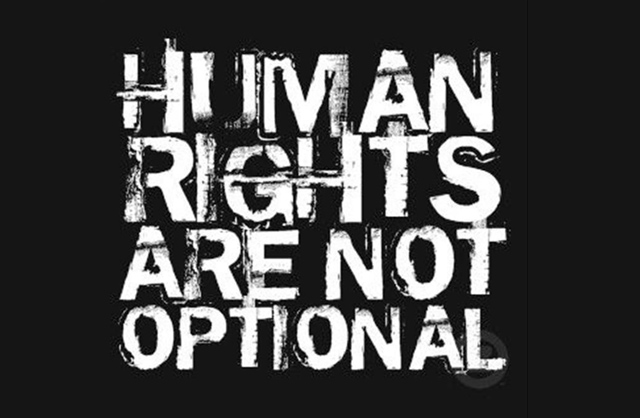For crimes against humanity amnesty cannot apply
July 22, 2011

The Helsinki Committee for Human Rights of the Republic of Macedonia once again reiterates the position that under no circumstances there can be amnesty for cases of serious violation of the international humanitarian law.
The return and the processing of the Hague cases by our justice system still create a big dilemma accompanied by utterly contradictory interpretations in the public. The Helsinki Committee on several occasions warned that the dilemmas regarding the resolution of The Hague cases from the aspect of the principle of rule of law are especially dangerous primarily due to the possibility of political interference and influence.
What we were warning about came true. At the session of the Assembly of the Republic of Macedonia held on 19 July 2011 they adopted an authentic interpretation of the Law on Amnesty showing that for its own needs it is possible to influence the judicial institutions and that in our country there is no strict division of power. Evidently it could be adapted depending on the needs of certain individuals.
The Assembly of the Republic of Macedonia in two occasions adopted laws that regulate the legal framework that refers to these cases: the Law on Amnesty and the Law on the Cooperation between the Republic of Macedonia and the International Criminal Tribunal for prosecuting individuals responsible for serious violations of the international humanitarian law on the territory of Former Yugoslavia.
The provisions in these laws unambiguously state that the right to establish whether there were elements for criminal prosecution of war crimes is transferred to the International Criminal Tribunal for prosecuting individuals responsible for serious violation of the international humanitarian law on the territory of Former Yugoslavia (hereinafter the Hague Tribunal), and it is precisely established what needs to be done when the Tribunal returns cases of its competence to the national judiciary.
Trying of the cases handed over by the Hague Tribunal to the competent state bodies in the Republic of Macedonia is regulated with Chapter V from Article 25 to Article 28 of the Law on the cooperation of the Republic of Macedonia with the Hague Tribunal. In Article 25 Paragraph 1 of the same law it is stated that when the Prosecutor of the Hague Tribunal or the Hague Tribunal decides to return a case for further proceeding to the competent state bodies of the Republic of Macedonia, it returns it: 1) to the state body from which it received it if the Hague Tribunal has not undertaken any actions in regard to that case, or 2) to a body competent for proceeding in the phase of the procedure in which the proceedings before the Hague Tribunal were stopped.
It is clear and unambiguous that in this situation it is necessary to have an order from the Chamber of The Hague Tribunal or a decision by the Prosecutor of The Hague Tribunal (or the Tribunal itself) about the fact in what phase are the criminal proceedings that are handed over for deciding to the national courts. Everything that is outside these clearly defined provisions is part of the daily politics and violation of the law for personal goals.
Sadly, our public has been deprived of the basic information regarding these cases – the answer to the question: in what way and in what phase The Hague cases were returned to the Republic of Macedonia? The public has still not been familiarised with an official document of The Hague Tribunal providing an answer to this question. Instead, with a political agreement it was decided what will happen with these cases. This is inacceptable and contrary to the principle of rule of law and the rule-of-law state especially having in mind the fact that the statute of limitations does not apply for crimes against humanity and they are unambiguously regulated with the international law.
The Helsinki Committee urges for efforts to be made for the cases to be resolved in compliance with the international law and the rule of law principle.


